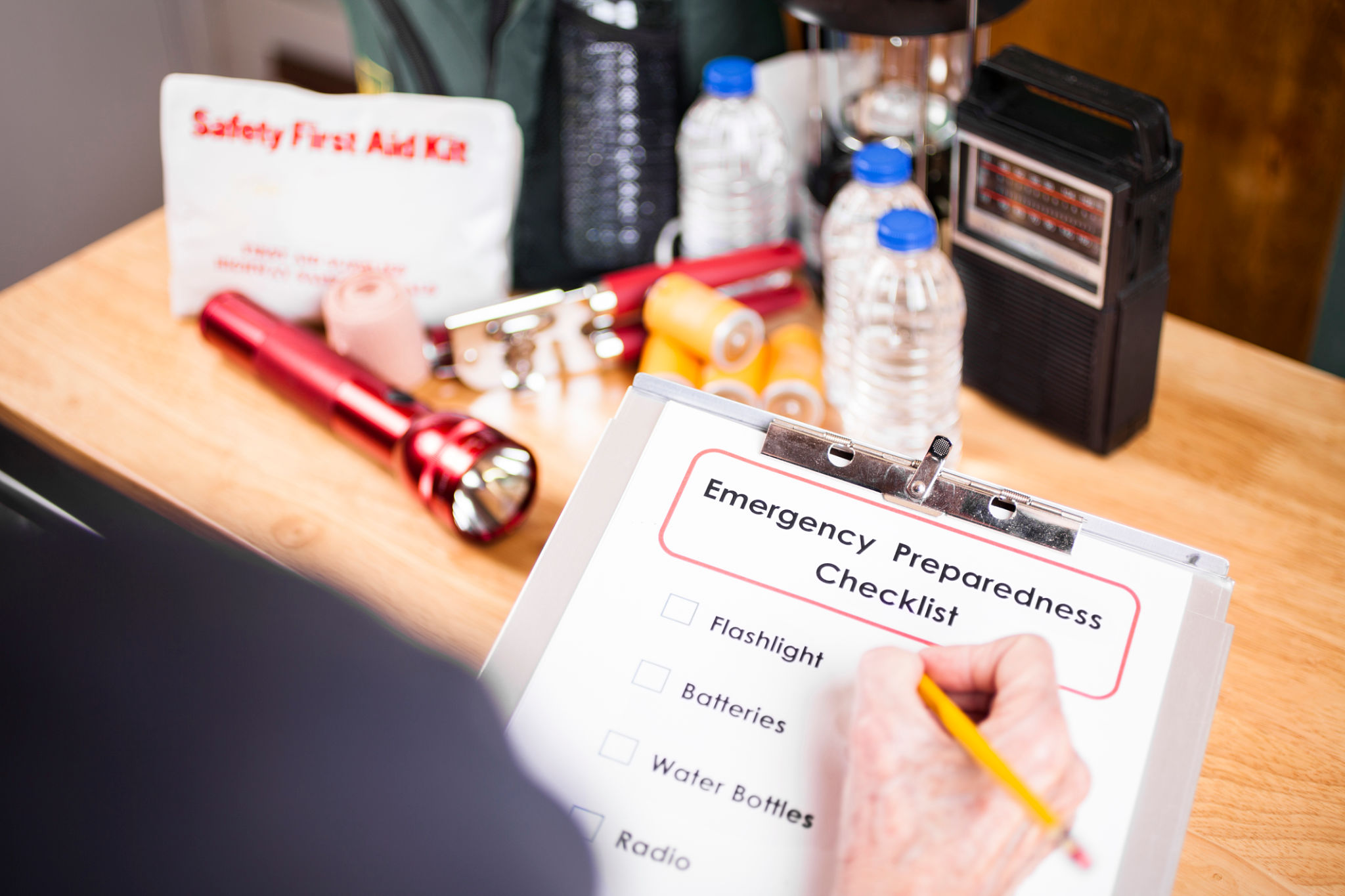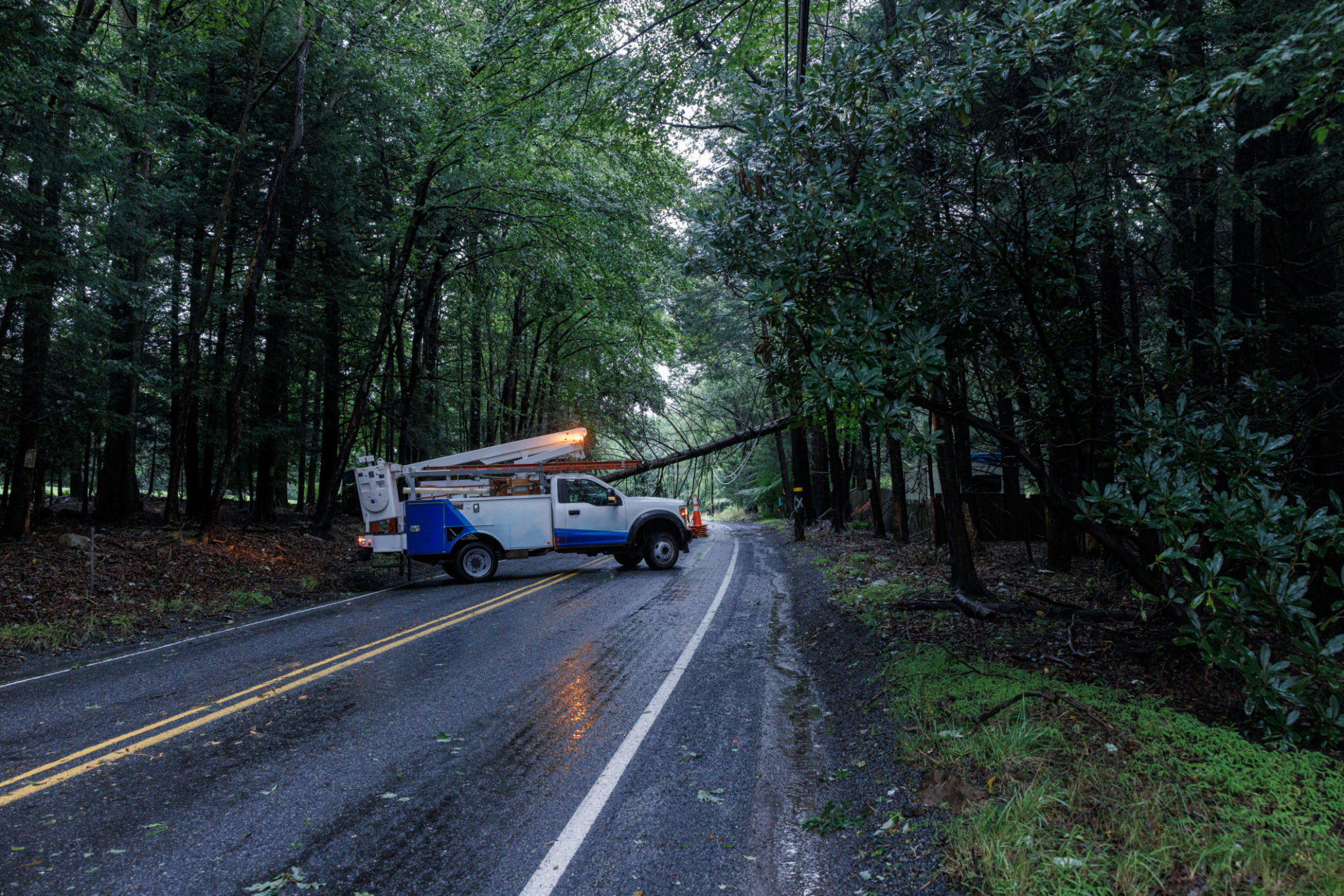Preparing Your Property for Hurricane Season: Expert Advice for St. Petersburg Residents
Es
Understanding Hurricane Risks in St. Petersburg
St. Petersburg, Florida, is a vibrant city known for its beautiful beaches and sunny weather. However, residents are no strangers to the threats posed by hurricane season. Each year, from June to November, the region faces the potential danger of high winds, heavy rains, and storm surges that can cause significant damage to properties. Preparing your home in advance can make a substantial difference in minimizing risks and ensuring the safety of your family.

Conducting a Thorough Property Inspection
Before hurricane season begins, it's crucial to perform a comprehensive inspection of your property. This includes checking the integrity of your roof, windows, and doors. Look for any signs of wear and tear, such as loose shingles or cracks in windows, and address these issues promptly. Ensure that all exterior doors have at least three hinges and a deadbolt lock to withstand strong winds.
Pay particular attention to the landscaping around your home. Trim trees and shrubs away from your house to prevent them from becoming projectiles during a storm. Additionally, secure outdoor furniture or bring it inside to avoid potential damage.
Strengthening Your Home's Defenses
One of the most effective ways to protect your home during a hurricane is by installing storm shutters or impact-resistant windows. These additions can significantly reduce the likelihood of shattered glass and water intrusion. If these options are not feasible, consider using plywood to board up windows as a temporary solution.

Reinforcing garage doors is another critical step. Many homes suffer significant damage when garage doors fail, allowing wind to enter and create pressure that can lift the roof. Consider installing bracing kits or upgrading to wind-rated garage doors for added security.
Ensuring Adequate Insurance Coverage
Review your homeowner's insurance policy well before hurricane season. Verify that you have adequate coverage for wind and flood damage, as standard policies may not cover all hurricane-related incidents. Consider purchasing additional flood insurance, especially if you live in a designated flood zone.
Creating an Emergency Preparedness Plan
Having a well-thought-out emergency plan can save lives during a hurricane. Identify a safe room in your home where you can shelter during the storm. Stock it with essential supplies such as water, non-perishable food, medications, flashlights, and batteries.

Establish an evacuation plan with your family that includes multiple routes and destinations. Make sure everyone is familiar with the plan and knows how to contact each other if separated. Keep important documents in a waterproof container and ensure your phone is charged before the storm hits.
Staying Informed and Connected
Stay updated on weather developments by monitoring local news channels and having a weather app on your mobile device. Sign up for emergency alerts to receive timely information about evacuation orders or other critical updates.
During a hurricane, communication is key. Keep friends and family informed of your status and whereabouts. If you must evacuate, let someone know your destination and expected arrival time.
Post-Storm Safety and Recovery
After the storm has passed, exercise caution when returning to your property. Watch out for downed power lines and debris that may pose hazards. Document any damage with photographs for insurance purposes and begin the claims process as soon as possible.

Engage professionals for necessary repairs and avoid attempting dangerous tasks yourself. Following these steps will help ensure a safer, more secure recovery process for you and your community.